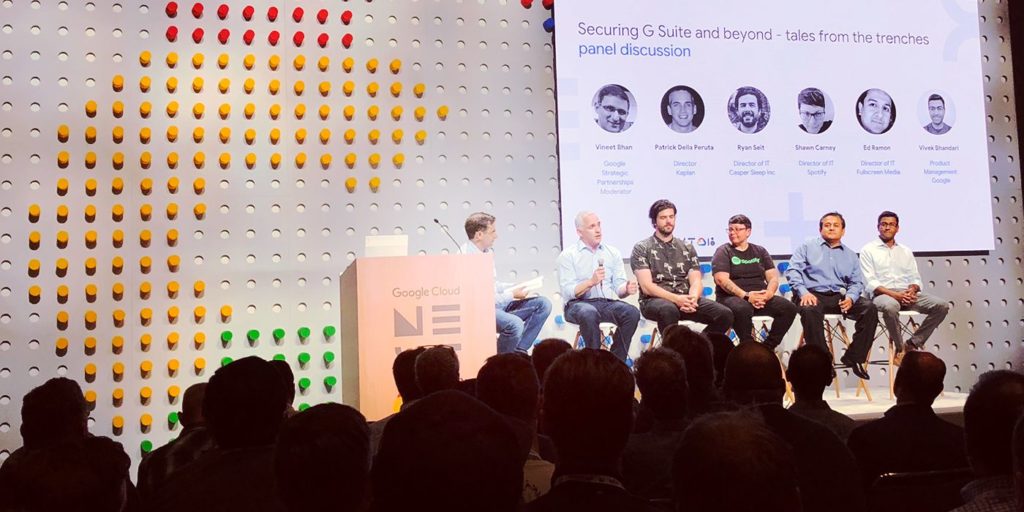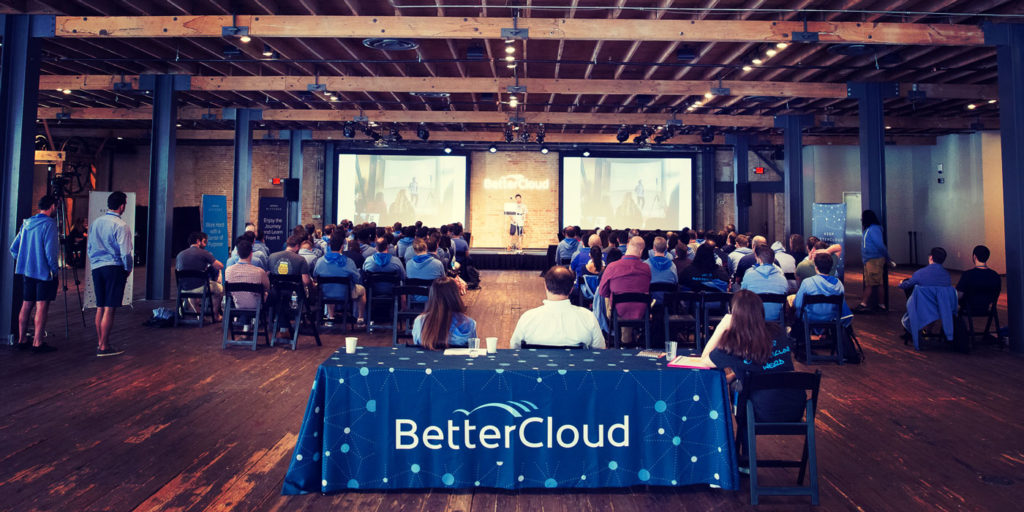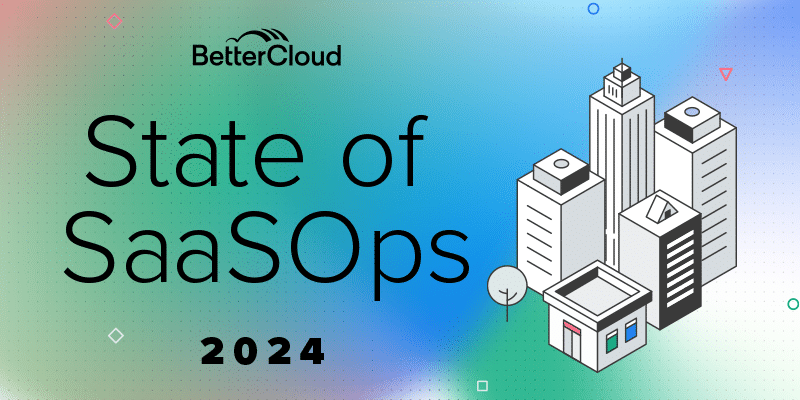Top 3 Google I/O Announcements that Will Impact Google Apps
June 29, 2012
3 minute read

Although this is in fact my first Google I/O, it’s not hard to believe people when they say “This year is different.” Last year Google announced it was refocusing the company on a few core products. Since the announcement, there’s been a new energy and direction coming from Mountain View, and this was particularly evident at I/O.
It’s clear one area the company is choosing to focus on is Google Apps, which was highlighted during much of the Day 2 keynote. Now claiming 66 out of the nation’s top 100 universities, 45 states and 5 million businesses as Google Apps users, it’s evident the platform is disrupting the messaging and collaboration space, cloud or otherwise.
In the past days alone, Google has announced dozen of new products, challenging powerful incumbents like Facebook Events, Amazon Web Services and even the iPad. Combine three of Google’s strongest new competitors, Google+ Events, Google Compute Engine and the Nexus 7, and you come up with one ominous conclusion – Google has set the stage for the next generation of enterprise computing.
Facebook Events vs. Google+ Events
Sundar Pichai, who heads up Chrome and took over Apps earlier this year, emphasized the value Google+, and particularly Hangouts, bring to Apps, noting users are looking for interactive, personalized and dynamic experiences on the web.
Hangouts are already changing the way people do business and plenty of feature updates and encouraging growth numbers bode well for the presumed underdog – in fact, I’ve been staying in touch with my team using Hangouts during I/O.
Microsoft’s recent acquisition of Yammer was perhaps an attempt to hedge against the rising popularity of Google+. Yammer proved social enterprise apps can succeed, and Google+ is working on perfecting the model. Google+, which integrated with Google Apps almost a year ago, already includes web conferencing, broadcasts, and of course social and content sharing functionalities, and now Google+ Events adds another layer to the network.
Sure, Events has a very obvious consumer application, but think about creating, promoting and publicizing your company’s next corporate event via Google+. Professional contacts are already in Circles, the event is synched with your Google Calendar and you can share event photos in real time. Facebook, which lacks enterprise tools and management controls, remains banned in a many organizations, meaning the social network can only go so far in the business world in its current state.
Amazon Web Services vs. Google Compute Engine
Google already makes certain capabilities available to developers, particularly with Google App Engine.
However, App Engine is not completely customizable and places limits on both the amount of data that can be processed in a given time as well as the particular functions and languages that are recognized.
Google Compute Engine on the other hand is an IaaS or Infrastructure-as-a-Service offering, similar to Amazon’s EC2 service. Compute Engine can be thought of as a blank canvas, configurable to a company’s specific needs. This service is particularly attractive to companies who’ve built complicated custom apps. When an organization migrates to Google Apps from their legacy system, they’ll likely want to bring along their custom apps as well, which can now be hosted using Google Compute Engine, keeping everything within the Google family.
iPad vs. Nexus 7
The iPad has cornered the tablet market, but with the growing number of Google Apps users and now Google’s Nexus 7 tablet, this trend could quickly change. Google rolls out mobile features for Apps to devices running Android software first, and Google Play is already a huge draw of the Nexus 7. Google should take full advantage of the enterprise potential of the tablet and quickly release granular mobile device management capabilities and a “Play” like integration with Google Apps Marketplace products. If Google can add these features quickly enough and promote the heavy price savings – at $199, the Nexus 7 is two hundred dollars cheaper than the iPad – Google’s Nexus 7 will have a bright future in the enterprise.






